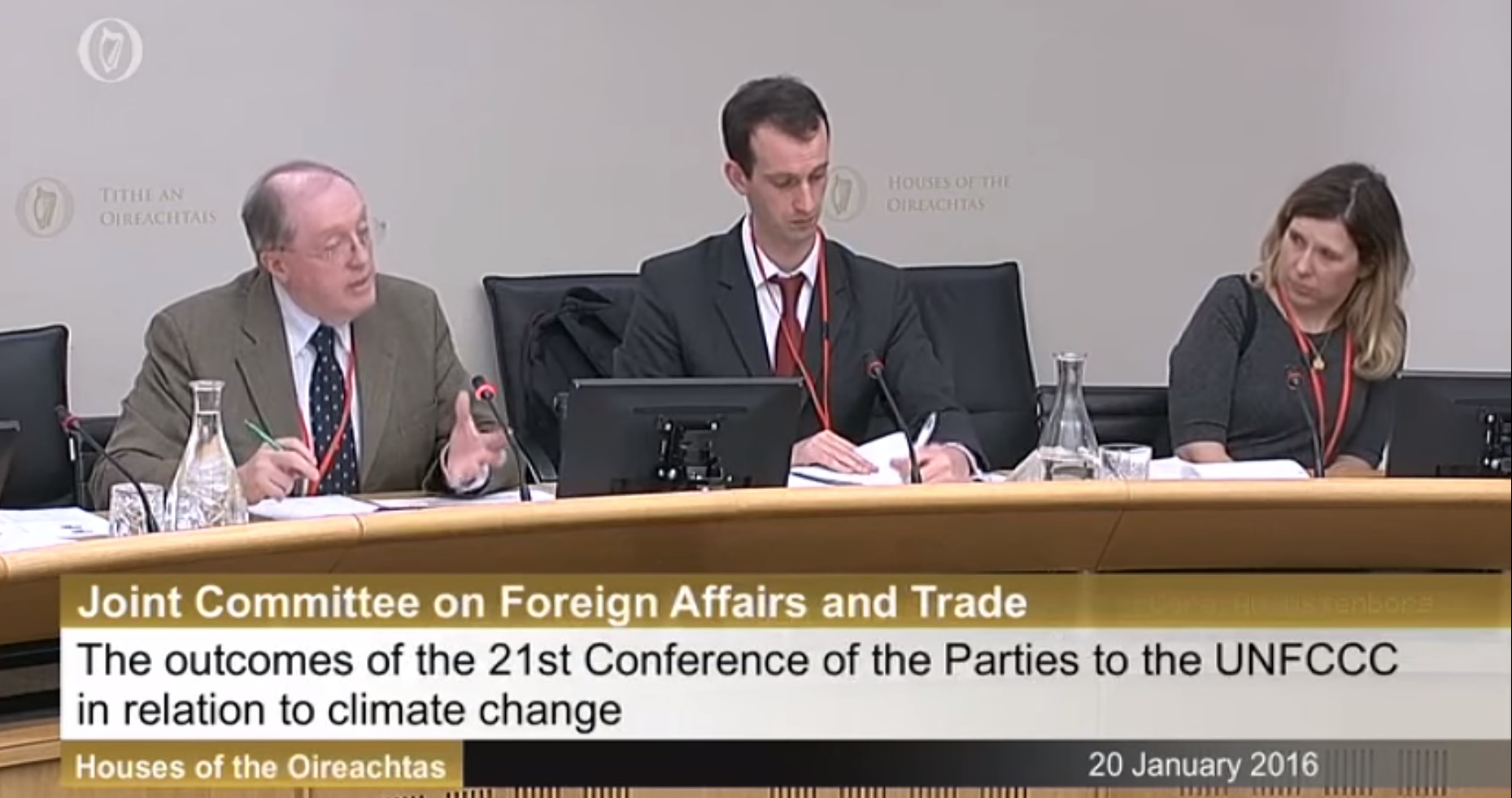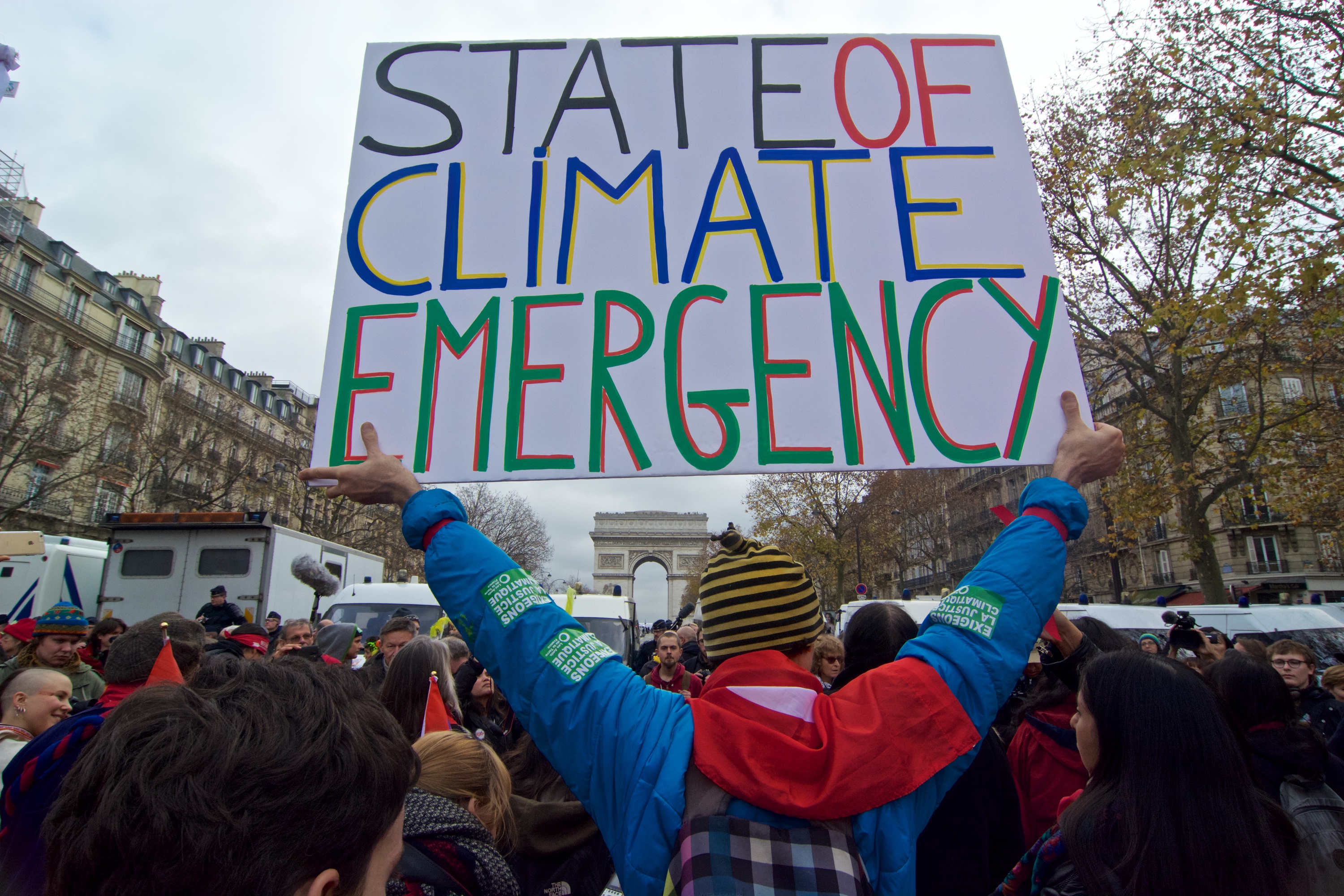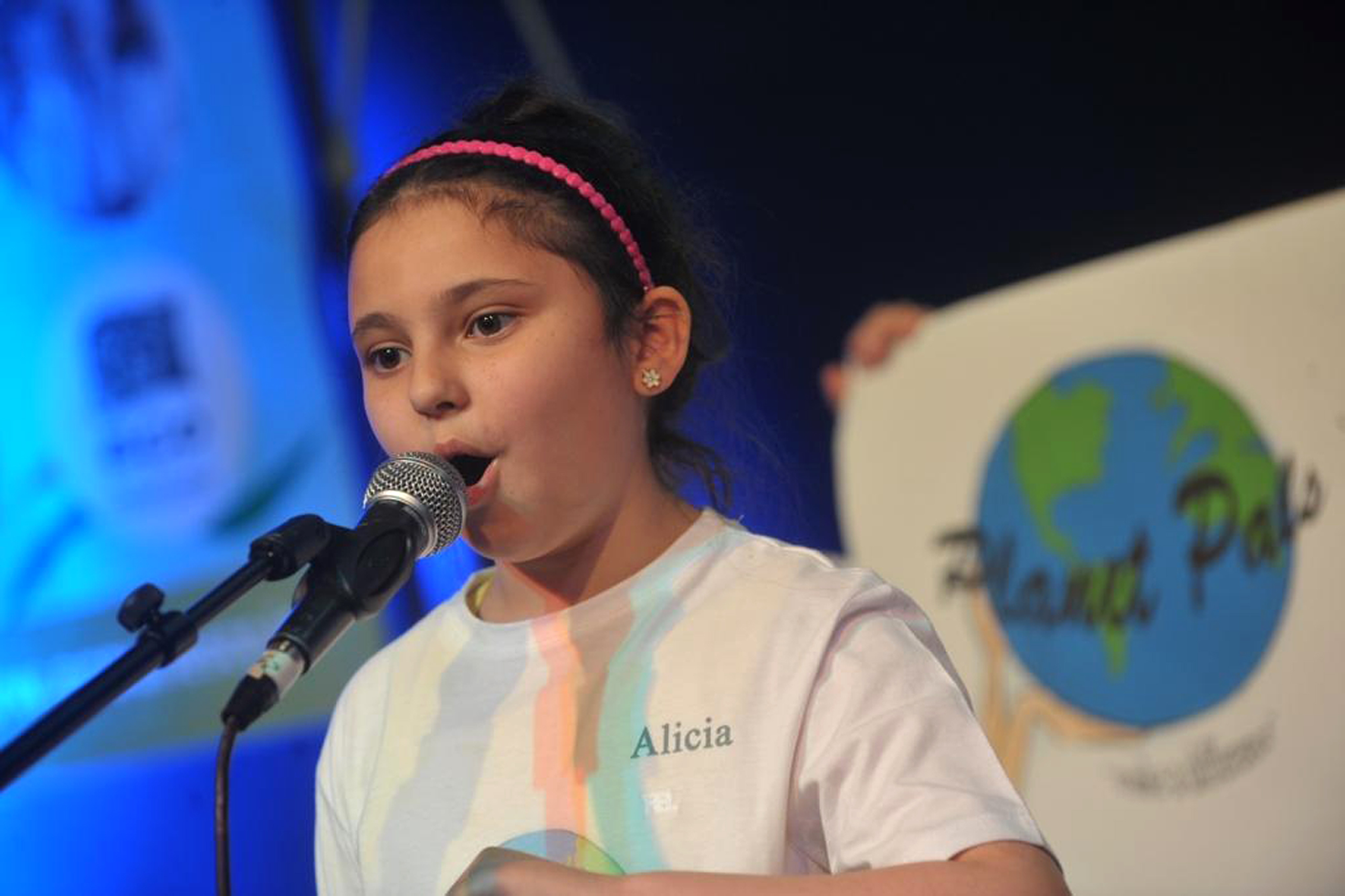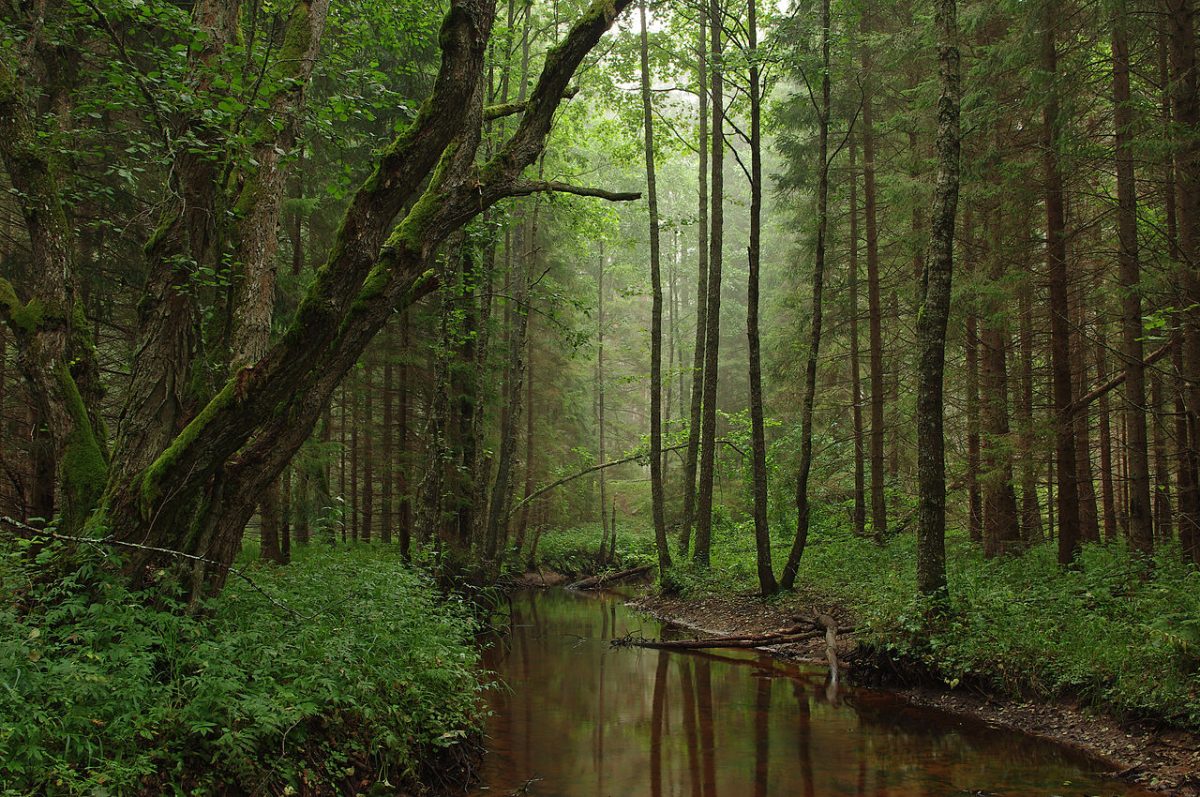Five-fold increase in climate action needed to keep below 1.5°C limit

November 29th, 2018
Countries must increase their emission-curtailing efforts five-fold to stand a chance of limiting global temperature rise to the 1.5°C limit, a new UN report has found.
The Emissions Gap Report from UN Environment (UNEP) also found that countries must need to increase their efforts at least three-fold to even limit temperature rise to 2°C above pre-industrial levels.
If the emission gap is not closed by 2030, thwarting global temperatures from rising above this level would be extremely unlikely, the report said.
According to the Intergovernmental Panel on Climate Change’s (IPCC) latest special report – Global Warming of 1.5 °C – the earth is 1°C warmer than pre-industrial levels.
This is already causing impacts across much of the planet such as more extreme weather, rising sea levels and diminishing Arctic sea ice, IPCC scientists found.
The report states that staying below the 1.5°C threshold will significantly reduce the damage of climate change for the most vulnerable and most developed countries alike.
Limiting warming to 1.5°C, the report states, would mean 10cm lower global sea level rise at the end of the century and a significant reduction in the chances that the Arctic Ocean will be ice-free in summer.
While coral reefs will still decline by 70 to 90 per cent with global warming of 1.5°C, they would be virtually all lost if we hit a 2°C rise, the report states.
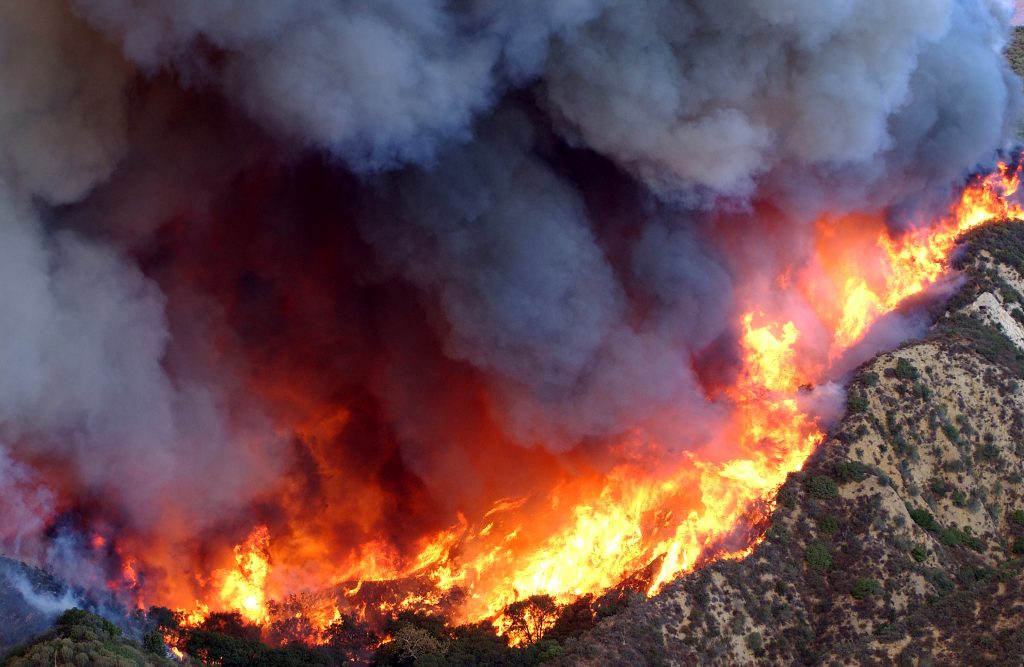
Provious wildfire in Simi Valley, Southern California Photo: U.S. Air Force photo by Senior Master Sgt. Dennis W. Goff)
Paris Agreement off-track
The UNEP report warns, however, that a continuation of the current rate of emissions will result in a 3°C jump in global temperature by the end of the century.
The report indicates that only 57 countries are currently “on track” to drastically curtail their emissions, with the current level of emissions reductions not sufficient to meet the Paris Agreement targets.
UN Environment Deputy Executive Director, Joyce Msuya, said that the new findings must send a clear warning to countries around the world to accelerate their carbon-cutting efforts.
“If the IPCC report represented a global fire alarm, this report is the arson investigation,” Ms Msuya said.
“The science is clear; for all the ambitious climate action we’ve seen – governments need to move faster and with greater urgency. We’re feeding this fire while the means to extinguish it are within reach,” she continued.
The UNEP has also called on non-state entities such as private investors and civil society institutions to assist their Governments in realising the carbon-tackling mission.
“When governments embrace fiscal policy measures to subsidize low-emission alternatives and tax fossil fuels, they can stimulate the right investments in the energy sector and significantly reduce carbon emissions,” Jian Liu, UN Environment’s chief scientist said.
“If all fossil fuel subsidies were phased out, global carbon emissions could be reduced by up to 10 percent by 2030. Setting the right carbon price is also essential. At US $70 per ton of CO2, emission reductions of up to 40 percent are possible in some countries.”
[x_author title=”About the Author”]
